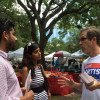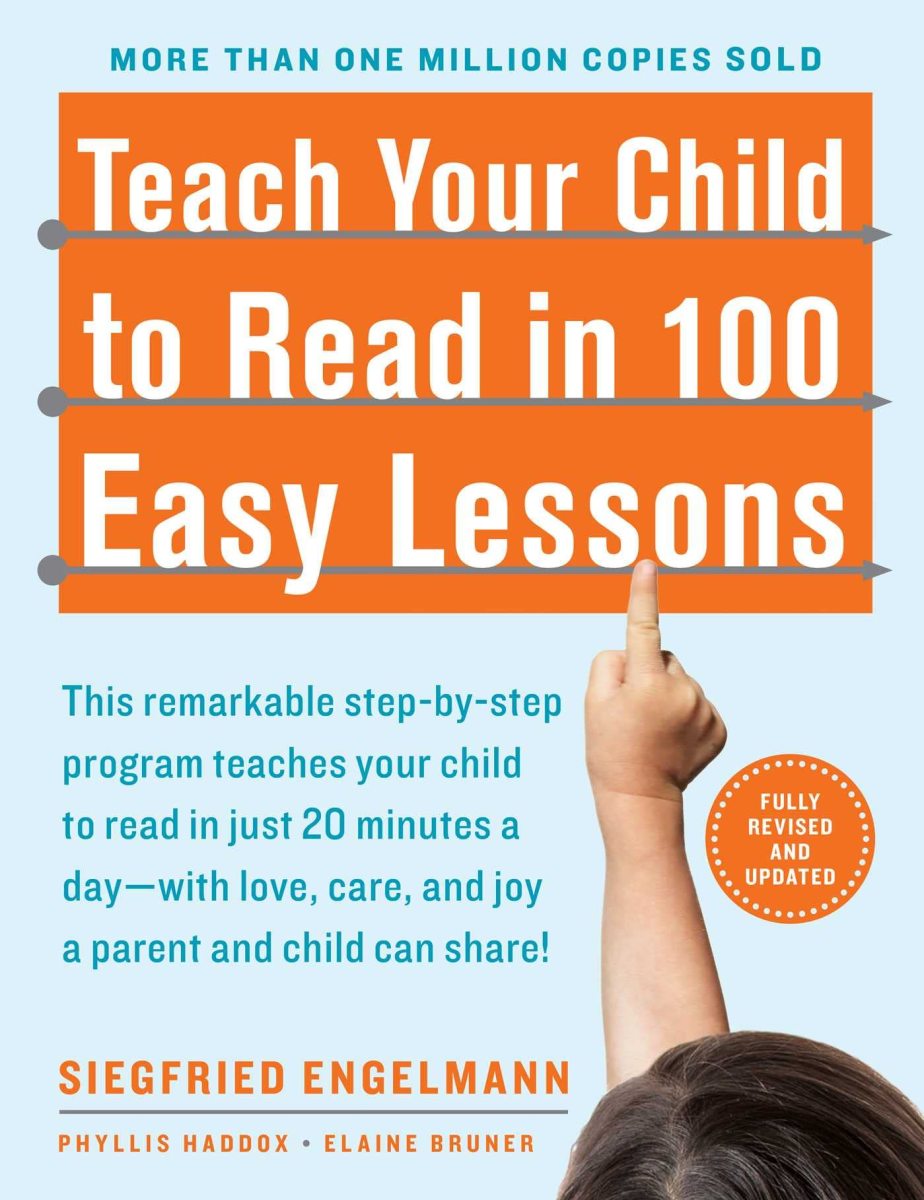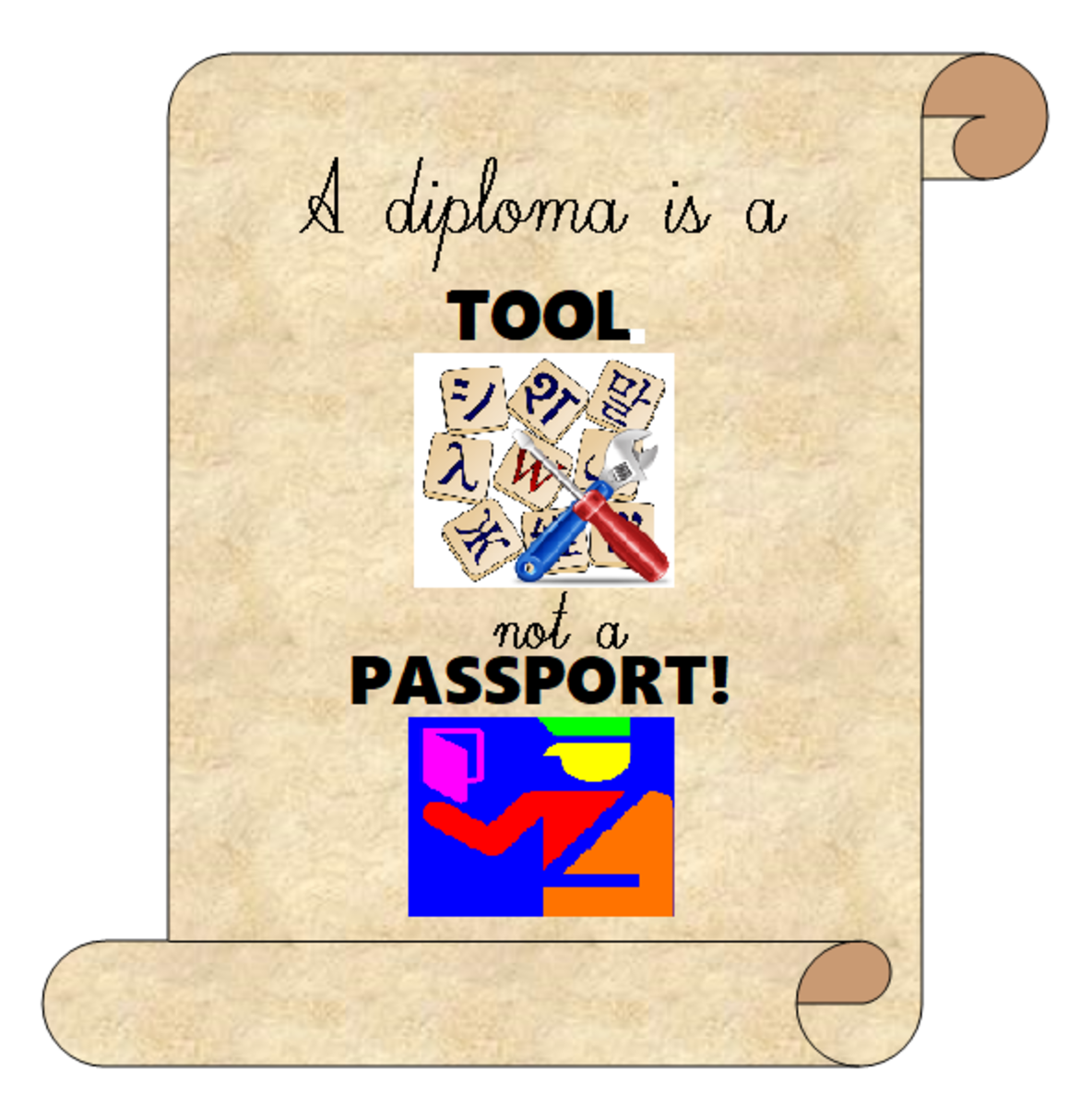How to Read a Book for a College Class
How to Read
Let's be clear about terms. You are in college because you know how to read. That is to say, you have a wide vocabulary and well developed phonetic skills and can understand every word in this introduction.
But reading for college -- reading for knowledge -- is a secondary skill set. It is a set of skills that require attention to different details than just the words in the books you are assigned.
Books present larger ideas and do so with relevant and thoughtful details. In order to get the most out of your reading assignment, you have put the most into it. The 4 suggestions below will help you become a good college reader.
College and university libraries have worked very hard over the past decade to update reading areas, modernize infrastructure, and try to keep students coming

Suggestion #1: Be an active reader.
If you approach a reading assignment with a passive attitude, harboring the idea that if you simply pass your eyes over the pages the knowledge will find its way to your unconscious mind, you will waste time and learn nothing.
Be active in your critical thinking when you read.
It might be helpful to ask the following questions as you start a reading assignment, to reflect on them while you are reading, and to ask them again when you have finished:
- Why was this book/article written, what is its point? Every book has an argument to make. You need to discover this about every book you are assigned to read.
- How is the argument made, am I convinced? Generally speaking, all research is contestable. That is the point, to challenge assumptions and help each other to sound conclusions.
- What evidence is provided to support the claims that are made? End of day, evidence is everything. Research is based upon gathering sound data from the world. What data is enlisted? Read those footnotes.
- What is said/written? The book is assigned because the professor believes its content is valuable to the purposes of the course. Why? What does the book contribute?
There are more books published each year than anyone could read in a lifetime. Learning to read a book efficiently will give you the opportunity to be exposed
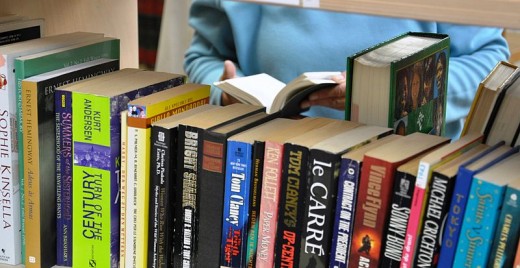
Suggestion #2: Gut your book.
What? Gut your book.
This is a gory metaphor for pulling out the useless materials to get to the meat. It is also a foolproof method for learning the main points of a book.
- Read the title and subtitle and put in your own words what you think it means.
- Look at the Table of Contents and analyze the titles and their order and their meaning.
- Read the Introduction -- most well done introductions include both a summary of the author's argument and a synopsis of the the book chapters. Pay attention to both. reflect on relationship between introduction and table of contents.
- Chapter by chapter, read the introduction and conclusion. These are usually the first few and last few paragraphs of a chapter, they are usually summative in nature. Make sure you understand how the chapter title relates to the chapter argument.
- Read the Conclusion -- most well done conclusions will wrap up the argument and point to its meanings.
If you have done this thoroughly, and this should take a fraction of the time it would take to read the whole book, you will know the general architecture and arguments of the book. If you have more time, go back into the chapters and read. See how the author uses evidence to support the arguments and how well structured their work is.
Suggestion #3: Understand the type and kind of text you are reading
All texts are not created equal. Some books play one role, some play another. When I taught history to college students, so many would in their first paper refer to a history book as a "novel" without any understanding that it was a different form of writing.
In general, there are some distinction to make:
- Fiction or non-fiction?
- original research or summary of other research?
- to what field does the work belong? (history, geography, chemistry, dance?)
- to what genre does the work belong?
"The only place I have ever had the good fortune to learn a new idea was in a book."
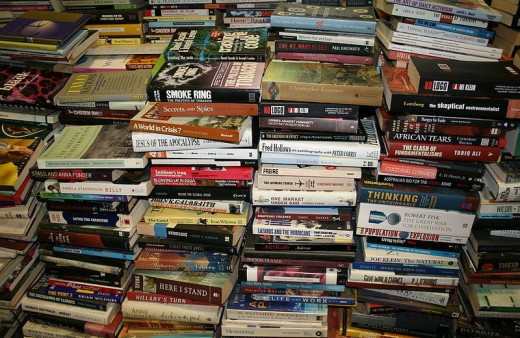
Suggestion #4: Read the book, not the crib notes
This advice may go against common wisdom, but it's the best advice.
You must approach and consider the text assigned. As the suggestions about show, you don't have to read every word of every page, but you really do need to work with the text that has been assigned.
It becomes quickly obvious to your professor that you are riffing from a derivative form when you cut corners.
